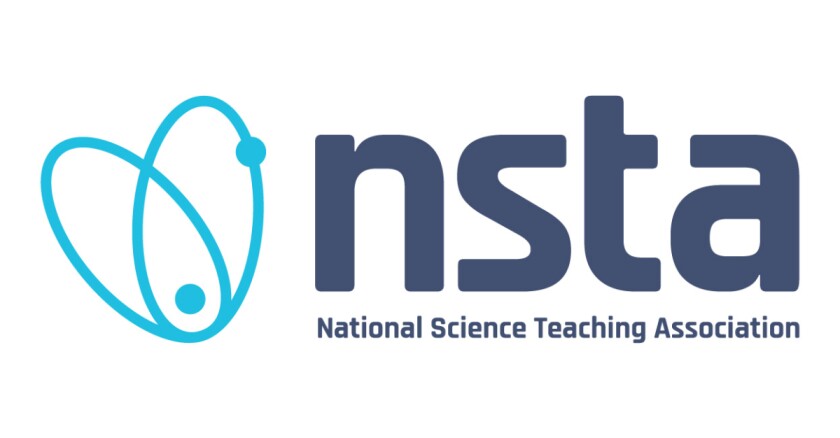According to a news release, winners of the 2022 Vernier/NSTA Technology Awards included a middle school teacher and two high school teachers, chosen by a panel of NSTA-appointed judges for their use of technology, as well as their plans for further implementation of data-collection tools in their science lessons. Each will receive a $1,000 cash prize, $1,500 toward travel expenses to attend next year's NSTA National Conference on Science Education in Houston, and $3,000 in Vernier products.
- Eric Sullenberger of the Russia Local School in Russia, Ohio, intends to add more hands-on lessons in his science classroom, the release said. Hoping to help his students become more knowledgeable about abstract concepts, Sullenberger will assign his students several new investigations and projects, including using GPS sensors to create topographical maps, applying science to farming, and using a drone to collect real-time weather data and measure weather data at different elevations.
- Olivia Kuper of North Greene High School in Greeneville, Tenn., will use Vernier probeware, or sensors with computers, to better science education in her various classes at the rural high school, where many students may not have had previous experience with the technology. Additionally, Kuper hopes to implement the technology during lab sessions so students will be able to collect their own data and gain a deeper understanding of scientific concepts.
- Crystal McDowell of Greenbrier High School in Evans, Ga., will use this award to fund hands-on data collection projects in her anatomy and physiology classes. McDowell will have students learn about body systems, use Vernier probeware to analyze data about their own health and vital signs, and then design a health assessment for a physical exam.
The announcement of winners in NSTA and Vernier's STEM program comes on the heels of the company unveiling its new STEM literacy platform, Vernier Connections, late last month.















